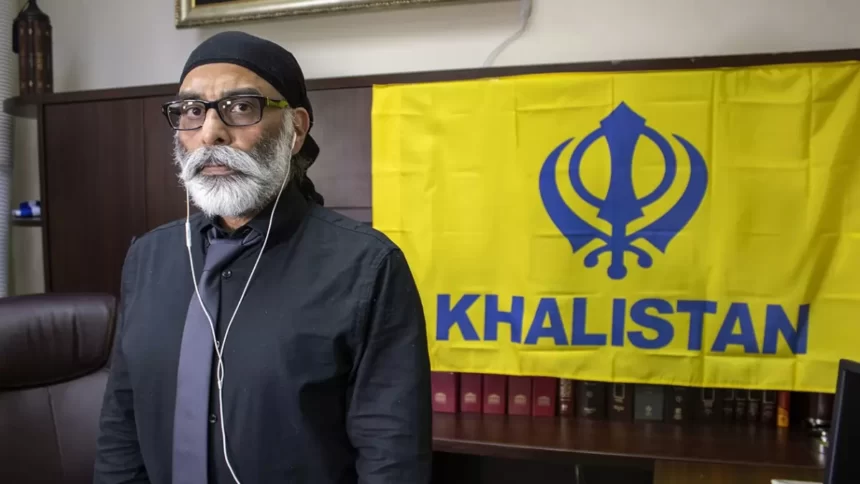The Supreme Court of India adjourned the habeas corpus petition filed on behalf of Nikhil Gupta, who stands accused in an alleged plot to assassinate wanted Khalistani terrorist Gurpatwant Singh Pannun on US soil. The petition highlights concerns over the arrest procedures and the treatment of Nikhil Gupta by Czech authorities, who allegedly failed to adhere to required protocols. Additionally, the claim asserts that Gupta, a devout Hindu, was being forced to consume beef and pork during his detention.
A habeas corpus petition is a legal remedy sought by individuals who are detained or imprisoned, aiming to secure relief from what is perceived as unlawful or unjust imprisonment. This fundamental legal right empowers individuals to challenge the legality of their detention, ensuring that due process is followed.
The Supreme Court’s decision to adjourn the case until January 4th indicates a recognition of the complexity surrounding Gupta’s arrest and detention. Notably, the court advised the petitioners to approach the Czech Republic’s legal system for resolution. The bench, comprising Justices Sanjiv Khanna and SV Bhatti, emphasized that matters related to the alleged violation of laws and protocols during Gupta’s arrest should be addressed in the country where the incident occurred.
Gupta’s case introduces a unique challenge as it spans international jurisdictions. The direction from the Supreme Court underscores the importance of seeking legal remedies in the country where the alleged violations occurred. The involvement of multiple legal systems adds layers of complexity to the case, requiring careful navigation of international legal protocols.
About Habeas Corpus Petition:
This case raises questions about the extent to which the Indian legal system can intervene in matters that transpire beyond its borders. The Supreme Court’s stance emphasizes the need for a nuanced approach in addressing habeas corpus petitions involving cross-border incidents, urging petitioners to engage with the legal processes of the relevant foreign jurisdiction.
Nikhil Gupta’s habeas corpus petition brings to light the intricate legal challenges arising from international incidents. As the case awaits resolution on January 4th, it prompts a broader discussion on the limitations and possibilities within the realm of habeas corpus petitions involving transnational elements. The pursuit of justice in such cases requires a delicate balance between respecting international legal processes and safeguarding individual rights, ultimately underscoring the evolving nature of legal frameworks in a globally interconnected world.
